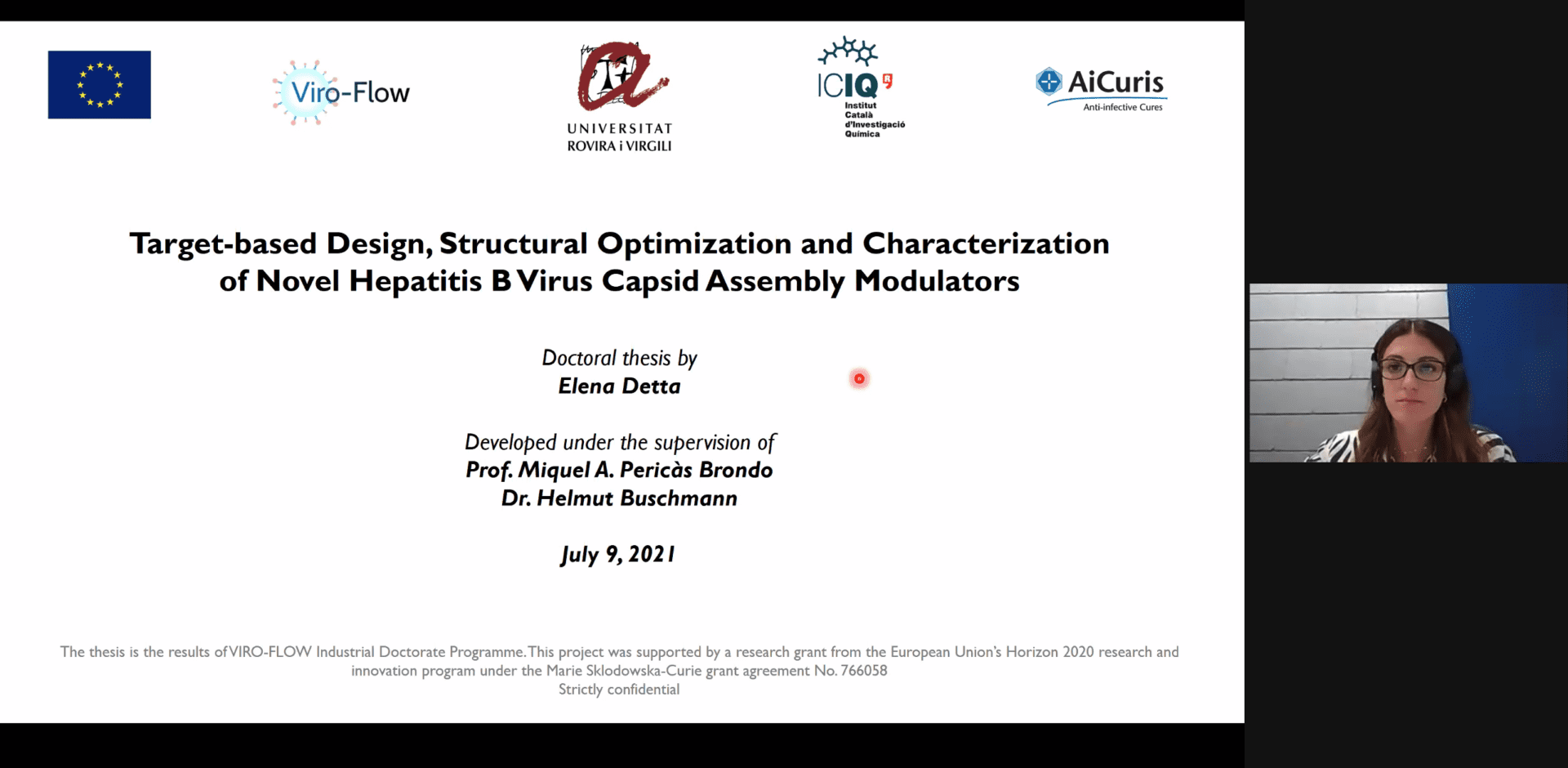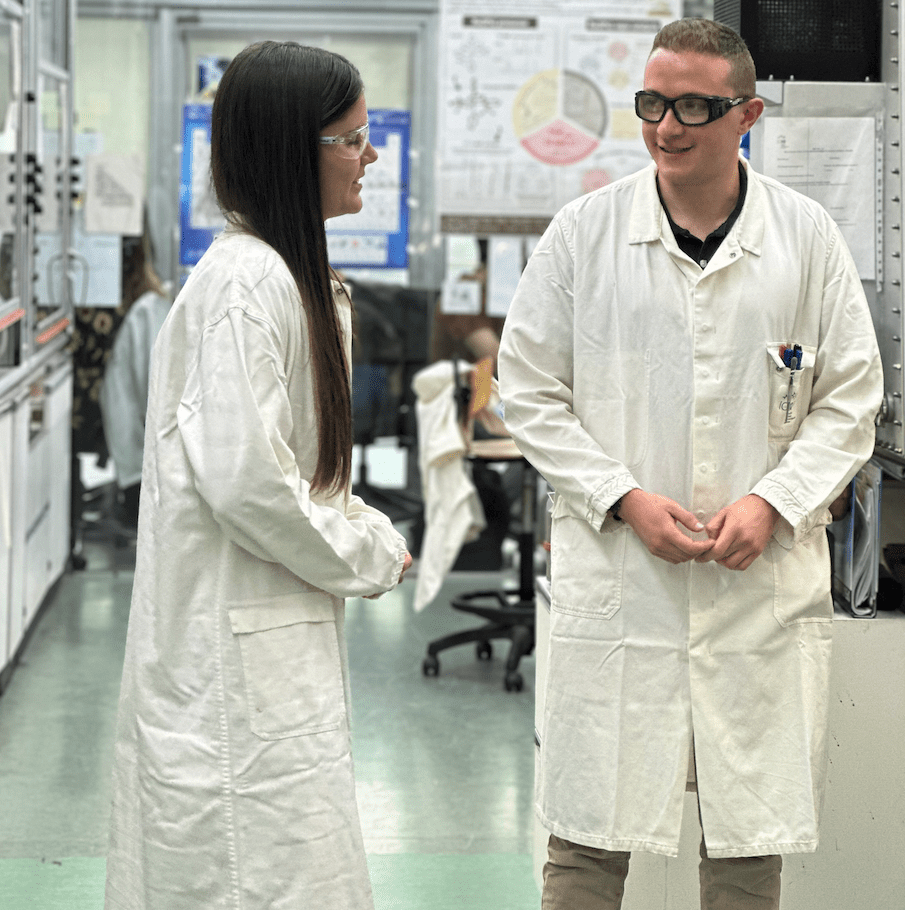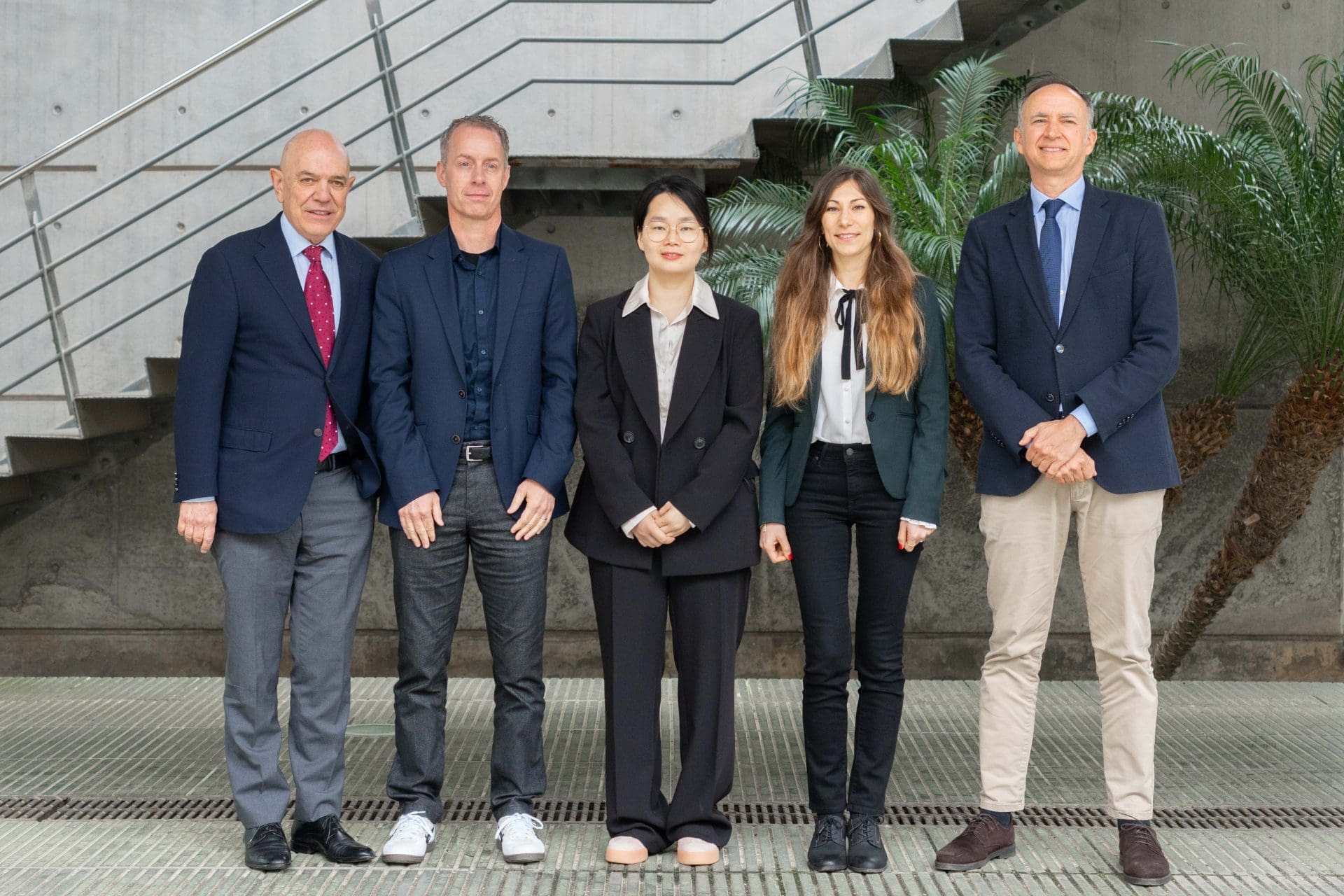Complimenti, Dr. Detta!
9th July 2021 – Elena Detta, PhD student under the supervision of Prof. Pericàs and Dr. Helmut Buschmann (AiCuris), has defended her PhD thesis entitled “Target-based Design, Structural Optimization and Characterization of Novel Hepatitis B Virus Capsid Assembly Modulators” (assigned to the Organic and Analytical Chemistry Department of the Universitat Rovira i Virgili) publicly in July 9th.
The members of the evaluation committee were: Prof. Dr. Thierry Langer (University of Vienna), Prof. Dr. Giulia Rossetti (Forschungszentrum Jülich) and Prof. Marcos Suero (ICIQ).
Dr. Detta was born in Avellino (Italy) but she always lived in Rome. She obtained her degree in Pharmaceutical Chemistry and Technology from the Università degli Studi di Roma La Sapienza. During her last year, she did an Erasmus at Saarland University and decided to continue doing research. In 2018 she joined the Marie Sklodowska-Curie Horizon 2020 project “VIRO-FLOW” to pursue a joint industry-academy PhD. The first half was in the company AiCuris (Germany) and, in January 2020, she came to ICIQ in order to finish it. She likes challenging herself all the time, playing football (a type called “Calcetto” in Italy) and reading.
From the lessons learnt during your PhD, which one do you value the most?
The important thing is when you don’t know something, you need to have initiative. Your supervisor and lab mates will help you with anything you need but if you don’t ask, they don’t know you need help! During my stay in Germany, I learnt to adapt and to go directly to the source of the problem, the focus was different when compared to ICIQ.
What ICIQ moment you´ll never forget?
I really liked the “meetings” in the coffee machine and the lunch breaks. Because we could talk, laugh, and learn with people from other cultures.
What advice do you have for someone who’s starting their PhD now?
To look for mentors, not only scientists! Find people you can share your day to day with because sometimes you don’t realise that other people are also facing the same issues that you are. You are not alone, and talking about it makes the problem smaller.
From your experience at ICIQ, what do you think we can improve?
I know it’s difficult because it’s something that doesn’t depend exclusively on ICIQ, but I think it would be positive if ICIQ could bring more people from different countries so that the institute is more diverse.
How was the experience of doing the PhD in two different institutions?
I like having done my PhD this way, it was very enriching because I could see research in two different ways. But it’s also true that it was hard having to adapt to new people and new ways of working.
Where are you going next? What will you do there?
I will start a Postdoc in the University of Dortmund in Germany.
If you were a piece of lab equipment, what would you be?
I think a chromatography column because I did a lot of them.
Related news

Let's create a brighter future
Join our team to work with renowned researchers, tackle groundbreaking
projects and contribute to meaningful scientific advancements








 14-03-2025
14-03-2025 















